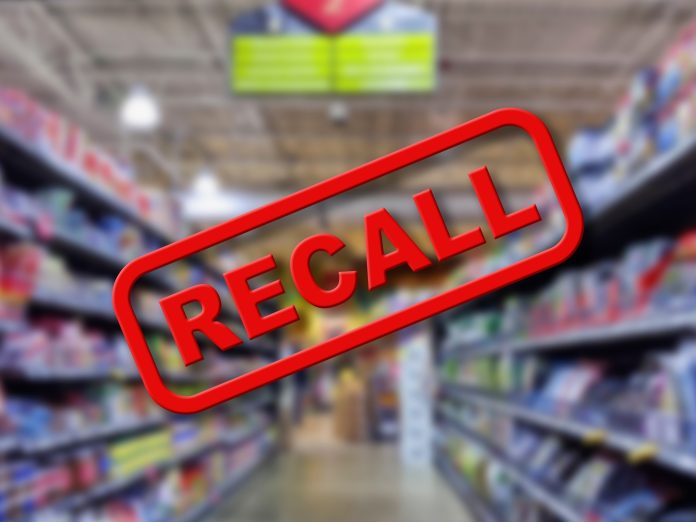
Breyers recalls over 6,600 cases of Rocky Road ice cream nationwide due to a dangerous packaging error that could trigger life-threatening allergic reactions in consumers with nut allergies.
Key Takeaways
- Breyers Rocky Road ice cream was mistakenly packaged in Chocolate Truffle tubs, failing to properly list almonds as an ingredient
- The FDA has classified this as a Class II recall, indicating potential temporary or medically reversible health consequences
- Affected products have lot number JUL1026GB3, UPC 077567457288, and an expiration date of July 10, 2026
- The recall impacts approximately 6,668 cases of ice cream manufactured at Unilever’s Sikeston, Missouri, facility
- Consumers with nut allergies should check for the affected lot number and return or discard the product immediately
Critical Allergen Mislabeling Prompts Nationwide Recall
American ice cream giant Breyers has initiated an urgent nationwide recall of its Rocky Road ice cream due to a critical packaging error that could endanger consumers with nut allergies. The product was incorrectly packaged in containers labeled as Breyers Chocolate Truffle, creating a dangerous situation where people with tree nut allergies could unknowingly consume almonds. While the Chocolate Truffle packaging does include a vague warning that it “may contain tree nuts,” it fails to explicitly list almonds as an ingredient, which are prominently featured in Rocky Road ice cream.
The recall encompasses approximately 6,668 cases distributed across the United States. All affected products can be identified by lot number JUL1026GB3, UPC 077567457288, and an expiration date of July 10, 2026. The Food and Drug Administration has classified this as a Class II recall, indicating the potential for “temporary or medically reversible adverse health consequences,” according to the FDA.
Corporate Response and Consumer Safety Measures
Unilever, which acquired Breyers in 1993 and operates as its parent company, has taken immediate action by notifying retailers and distributors via letter about the recall. The affected ice cream was produced at Unilever’s facility in Sikeston, Missouri. Despite the serious nature of the recall, it’s notable that the company has not issued a public press release about the situation, instead relying on regulatory channels and direct communication with retail partners to manage the recall process.
“Unilever subsidiary Breyers has issued a nationwide recall of more than 6,600 cases of Rocky Road ice cream after a packaging error resulted in potentially dangerous allergen mislabeling, according to a newly released enforcement report from the Food and Drug Administration,” stated the Food and Drug Administration
The FDA currently lists the case status as “open,” indicating that the recall process is still actively underway. Consumers who have purchased the affected product are strongly advised to check for the specific lot number and either return the ice cream to the place of purchase or discard it immediately. This precaution is particularly crucial for households where family members may have nut allergies, as accidental consumption could trigger serious allergic reactions.
The Broader Implications of Allergen Mislabeling
This recall highlights the serious consequences of allergen mislabeling in the food industry. For individuals with severe nut allergies, consuming even trace amounts of almonds could potentially trigger life-threatening anaphylactic reactions. The incident raises questions about quality control measures in food manufacturing, particularly for a major corporation like Unilever that owns numerous well-known consumer brands, including Dove, Hellmann’s, and Ben & Jerry’s.
Breyers, which has built its brand reputation around “simple ingredients” marketing, now faces a challenge in maintaining consumer trust after this packaging error. The recall serves as a stark reminder of the critical importance of accurate ingredient labeling and the potential health risks that can occur when proper protocols aren’t followed. For the millions of Americans living with food allergies, proper labeling isn’t just a regulatory requirement—it’s a matter of personal safety.



